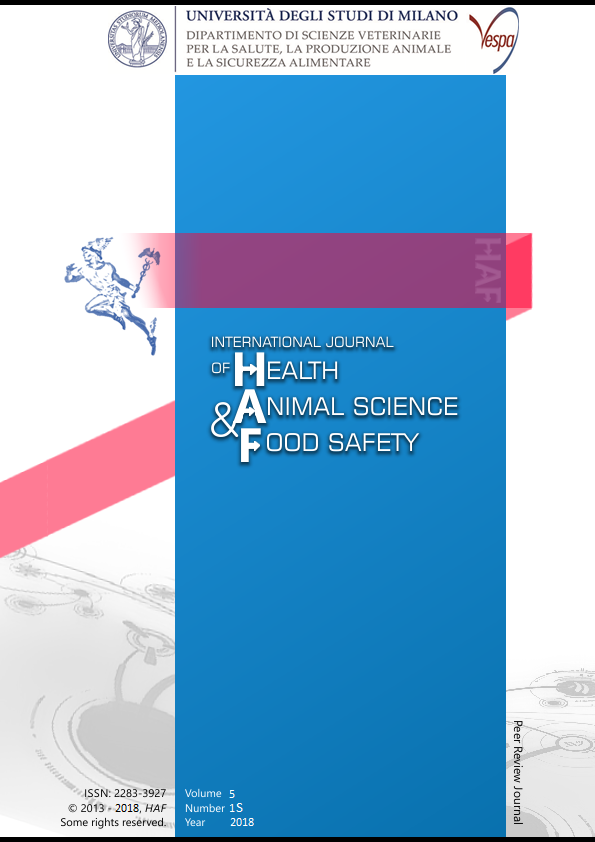Abstract
Modern farming is increasingly relying on in vitro embryo production (IVP). However, in vitro culture systems are not yet capable to fully support oocyte and early embryonic development. Recent studies in mice have revealed the importance of zinc in regulating oogenesis and early embryogenesis (Bernhardt et al. 2012; Tian & Diaz, 2013). Moreover, zinc transporters are differentially expressed in different cell types throughout several steps of oogenesis and embryogenesis in cattle (Dieci et al. 2016; http://emb-bioinfo.fsaa.ulaval.ca/IMAGE/). Nevertheless, zinc modulation during culture of oocytes and early embryos has not been yet implemented in cattle. Thus, we assessed whether zinc is one of the essential players in the process of bovine oocyte competence acquisition and embryo quality by supplementing the media used to 1) grow oocytes collected from small antral follicle (SAF), 2) mature oocytes collected from middle-size antral follicles (MAF) and 3) culture in vitro produced zygotes. In each experiment, oocytes cultured under standard conditions served as control group. Zinc supplementation during oocytes in vitro growth significantly improved the proportion of oocytes reaching the metaphase-II stage of meiosis after subsequent standard in vitro maturation (IVM). On the contrary supplementation of IVM or embryo culture media had no effects on blastocysts rates and embryo quality, as assessed by cell number per embryo. In conclusion, zinc supplementation can greatly improve the exploitation of the ovarian reserve since it increases the meiotic competence of growing oocytes, which are usually discarded in standard IVP settings. These results are in accordance with in vivo studies in mouse, showing the detrimental effects of zinc deficiency before ovulation on subsequent maturation and embryonic development (Tian & Diaz, 2013). On the contrary, bovine fully-grown oocyte from MAF seems able to compensate for zinc absence in the in vitro culture medium.References
Bernhardt ML, Kong BY, Kim AM, O'Halloran TV & Woodruff TK 2012 A zinc-dependent mechanism regulates meiotic progression in mammalian oocytes. Biol Reprod 86 114.
Dieci C, Lodde V, Labreque R, Dufort I, Tessaro I, Sirard MA & Luciano AM 2016 Differences in cumulus cell gene expression indicate the benefit of a pre-maturation step to improve in-vitro bovine embryo production. Mol Hum Reprod 22 882-897.
Tian X & Diaz FJ 2013 Acute dietary zinc deficiency before conception compromises oocyte epigenetic programming and disrupts embryonic development. Dev Biol 376 51-61.
This work is licensed under a CC BY-SA 4.0 international
Downloads
Download data is not yet available.

